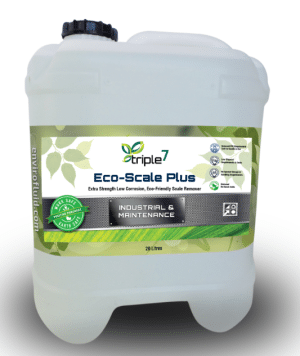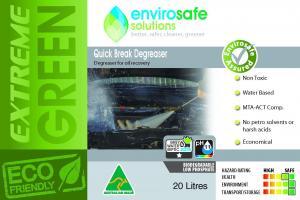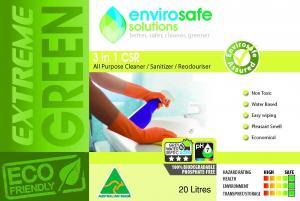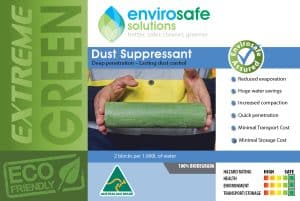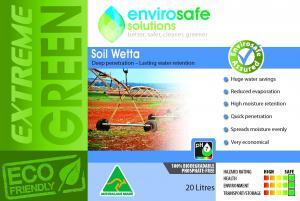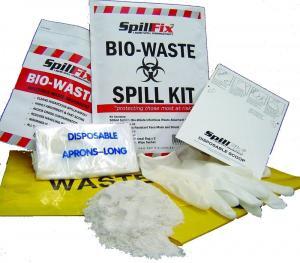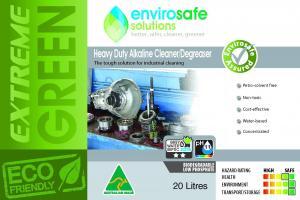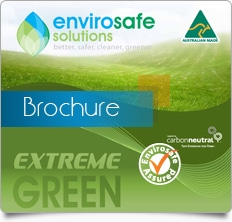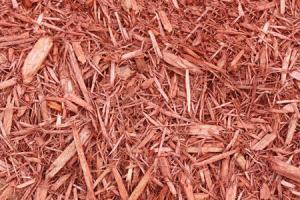 Dry and wet mulch are both different types of fertilizer and soil treatment which can be organically made and sustained. Mulch is comprised of many different things, including dead leaves, decaying and rotten vegetation, including old groceries, twigs, tea, water, soil, Styrofoam, paper, wood shavings, and other organic materials, such as animal feces and snake skins. Mulch is gathered through household elimination of raw foods and outdoor rakings of leaves, twigs, and other biodegradable products. Mulch is designed to cover plant beds, and collect and sift rain water, allowing the nutrients from the wet, decaying material to act as food for the plants. Many agricultural companies use extraneous material from their harvesting to grind up and convert into a compost-like mulch for their own use or to mix in with other organic matter and sell for gardening use.
Dry and wet mulch are both different types of fertilizer and soil treatment which can be organically made and sustained. Mulch is comprised of many different things, including dead leaves, decaying and rotten vegetation, including old groceries, twigs, tea, water, soil, Styrofoam, paper, wood shavings, and other organic materials, such as animal feces and snake skins. Mulch is gathered through household elimination of raw foods and outdoor rakings of leaves, twigs, and other biodegradable products. Mulch is designed to cover plant beds, and collect and sift rain water, allowing the nutrients from the wet, decaying material to act as food for the plants. Many agricultural companies use extraneous material from their harvesting to grind up and convert into a compost-like mulch for their own use or to mix in with other organic matter and sell for gardening use.
Many gardens and farms can reuse old and dead material as mulch by gathering it up, piling it across a part of the land which is unused, and allowing it to further decay under the influence of rainwater and worms, which break the material down into soft, nutrition rich soil. Many worms are available for sale to accomplish this type of breakdown and to produce fine rich earth. The worms eat the decaying matter and defecate the remains out, which produces much more refined mulch. These worms can be bought and placed in a container of mulch or simply allowed to work their way through a large outdoor pile of mulch. It is important to make sure that you understand how to handle these worms, in case there is a potential need to only use them in a container.
In all cases of decay, the mulch must be wet and broken down to a reasonable degree in order to decay in any kind of a timely fashion. If you need dry mulch from your garden, the decayed mulch must be spread thinly in the sunshine to dry out first, but the decaying process itself requires moisture at all times. Dry material does not break down very quickly.
Envirosafe Solutions offers eco friendly dust suppressant and Soil Wetta, both of which contribute to the organic growth process of plants. Call us today: (+61) 1300 88 90 70.









